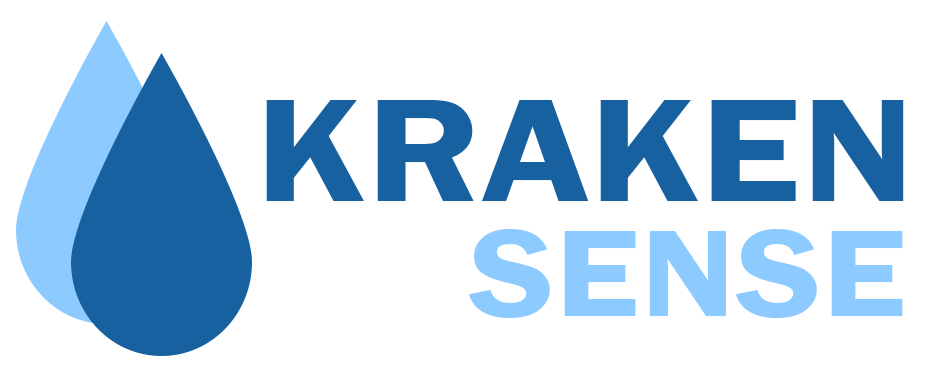Madhu Aryal: Waterloo Software Engineering Co-Op at Kraken Sense
Madhu Aryal, a second-year Computational Mathematics student at Waterloo, shares her experience working for Kraken Sense as a Software Engineering intern.
Madhu completed her co-op term at Kraken Sense as a Software Engineering intern, developing the cloud-based dashboard of the KRAKEN real-time automated pathogen detection device.
What was your main project?
“I worked on three different projects but my main focus was the dashboard. That’s where data from the unit gets displayed online, so users can see pathogen concentrations, graphs, and other water quality data. I designed and implemented the front end of the dashboard, so I was responsible for everything that the user could see.”
“I started with a lot of empty pages and a lot of things that needed to be included. By the end, I was able to get all the pages working successfully so all the data from the unit could be displayed.”
What was the most rewarding part of your experience?
“Definitely seeing others use the software I created. My first project was developing an employee timesheet, so seeing everyone use it at the end of the day was really fascinating. Knowing that it’s not just some project that I did for fun but something that people will actually use was a great feeling.”
“Also, even though it might seem like a bad thing, but having people come up to me and tell me about defects. That they trusted me and knew I could fix the issue was really rewarding.”
What was the most challenging part of your experience? How did you overcome it?
“Adapting to the new environment was challenging at first. This was my first co-op term, so I was really nervous coming in. I was thinking, ‘Am I going to be good enough compared to previous students? Am I actually going to be helpful?’ But now, after getting through the nerves of the first few weeks, even challenging projects don’t overwhelm me because I know there is a solution, I just need to find it.”
“A lot of it just came with time, but one major strategy that helped me overcome the nerves of the first few weeks was focusing on my planning. At first, I’d have a little bit of an idea of how to start a task and just go with the flow from there. But, I realized that having a full step-by-step plan gave me more confidence in my task and helped me get things done more efficiently.”
“It was also the people there, the support system. My coworkers would tell me that they’ve noticed me improving or that I’m getting faster, which eased my nerves.”
What’s something you learned that you can take with you moving forward?
“I’ve gained so much software knowledge, it’s insane! But more than that, I’d say my time management when it comes to projects. When I know something should take me 20 minutes and it’s taking longer than that, I’ve learned that I just need to stop, move on to something else, and come back to it later. This gives me time to formulate a plan and make sure I’m not wasting my time.”
“I also learned a lot about the biotech field, something I previously had no experience in. I think it was so fascinating that, as a software developer, I could be part of something that was being built from the ground up. I didn’t really comprehend that until I was shown the actual product—something that no one had ever done before. It was really inspiring.”
About Kraken Sense
Kraken Sense develops all-in-one pathogen detection solutions to accelerate time to results by replacing lab testing with a single field-deployable device. Our proprietary device, the KRAKEN, has the ability to detect bacteria and viruses down to 1 copy/mL. It has already been applied for epidemiology detection in wastewater and microbial contamination testing in food processing, among many other applications. Our team of highly-skilled Microbiologists and Engineers tailor the system to fit individual project needs. To stay updated with our latest articles and product launches, follow us on LinkedIn, Twitter, and Instagram, or sign up for our email newsletter. Discover the potential of continuous, autonomous pathogen testing by speaking to our team.

